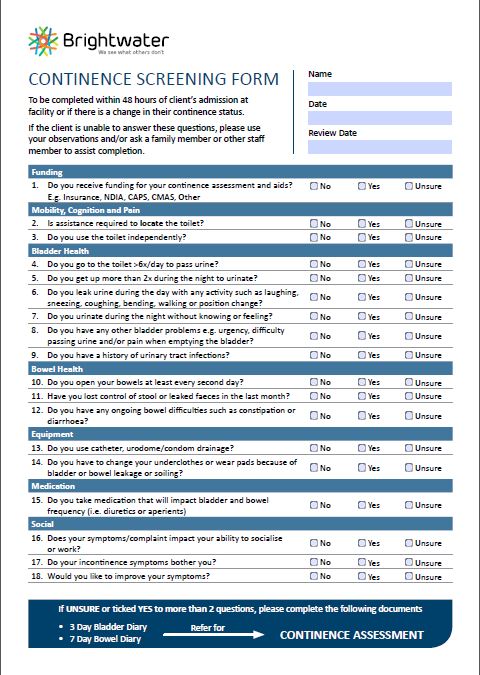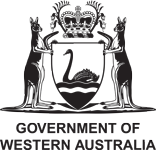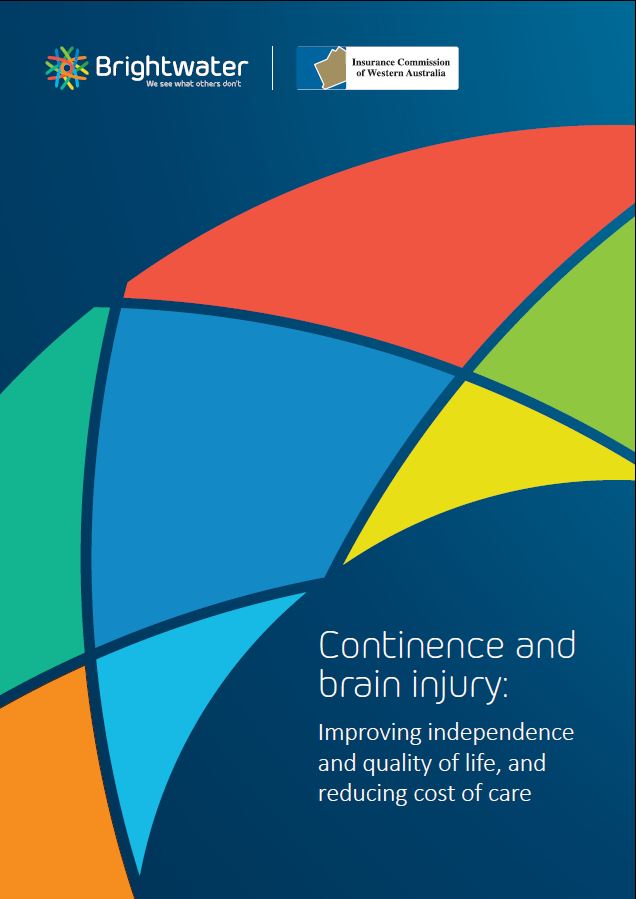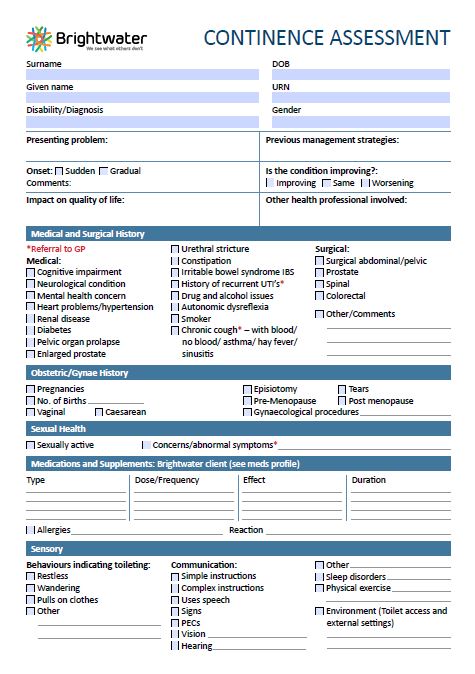Continence management
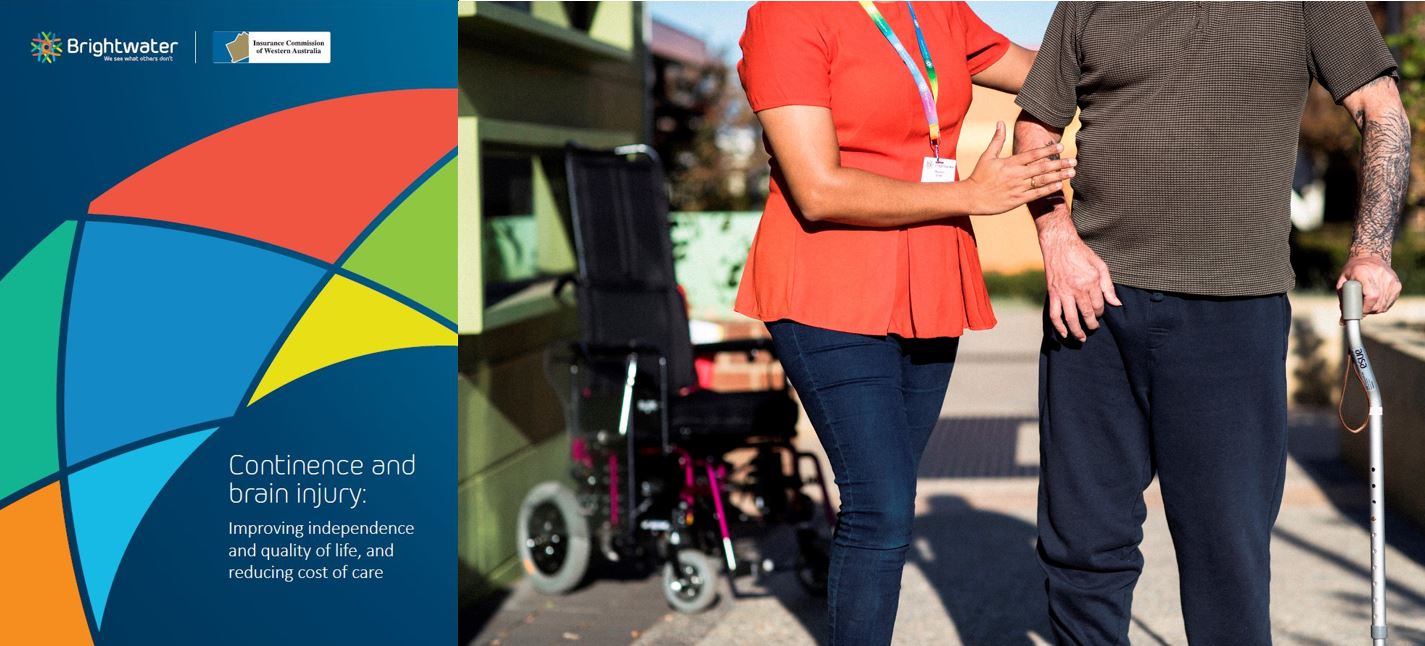
Improving continence independence through the use of assistive devices
In 2018, the Insurance Commission funded a research project by Brightwater Care Group to improve the independence and reduce the cost of care for people with an acquired brain injury. The Insurance Commission estimates that the average lifetime cost of care for someone with an acquired brain injury is $4 million.
The 18-month research project trialled assistive toileting technologies, devices and continence management practices.
The study found that effective management of continence-related problems through a comprehensive continence assessment, tailored management plans, and the use of assistive devices, reduces the need for staff intervention and cost, and improves functional independence, wellbeing and dignity of people with brain injury.
To help enhance continence management practices across the health and care sectors, the research reports and continence management tools are available to download for free – see links below.
Improving quality of life and reducing the cost of care for people with continence issues following brain or spinal injury
After the success of the pilot study, the Insurance Commission engaged with Brightwater in 2021 to fund 'phase two' of the study, which aims to improve continence management for all Insurance Commission clients with catastrophic injury. The study is specifically designed to deliver outcomes for our clients in the areas of independence, cost of care, quality of life, social wellbeing, service delivery model, and resources.
The study will include the development of clinical documentation, tools and guidance materials that set out best practice continence management. The Insurance Commission Care Service Coordinators will contribute to the development of this documentation so that it is fit for their purpose and can be used for all future continence care and needs assessments of Insurance Commission clients. The project is expected to be completed in 2023.
Pilot Study Research outcomes
The research demonstrated that the use of assistive devices, along with comprehensive continence assessment and a tailored management plan, can increase independence, and reduce intervention from carers to support a person with an acquired brain injury.
The research outcomes were:
- increased independence in cognitive and functional tasks associated with toileting;
- reduced toileting care hours on average by 4.3 hours per client per week; and
- reduced toileting consumable costs on average by $10 per client a day.
The research is a positive outcome for people involved in the research project with acquired brain injuries.
The project identified opportunities for enhancement of continence management in the health and disability sector, including recommendations to:
- Adopt a client-centred approach to continence care;
- Review current continence policies and procedures against clinical practice guidelines;
- Ensure standardised clinical documentation to enable the effective exchange of information between staff and to ensure continuity of care;
- Improve continence management role clarity and understanding;
- Promote a multidisciplinary approach; and
- Increase staff education and training.
Continence research reports
The full report and shorter community report (PDF format) can be downloaded via the links below:
Continence and brain injury - full report - May 2019
Continence and brain injury - community report - July 2019
Clinical documents
Brightwater Care Group's Continence Screening and Continence Assessment forms (PDF format) can be downloaded via the links below:
